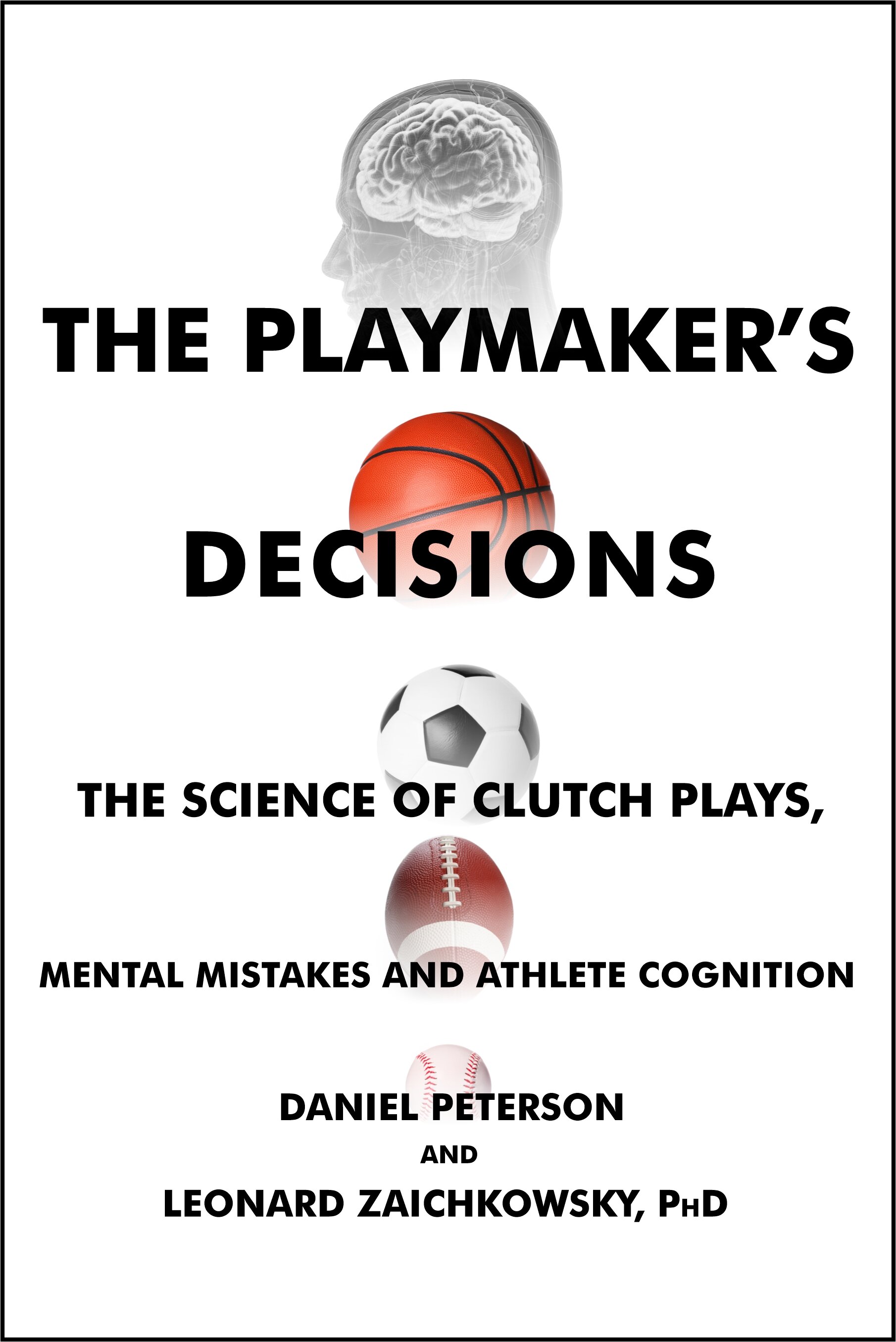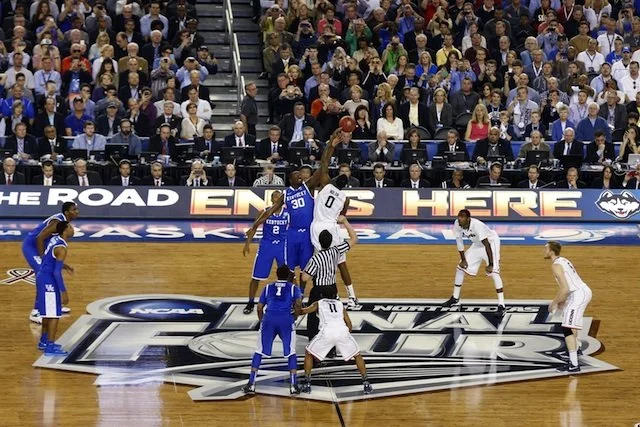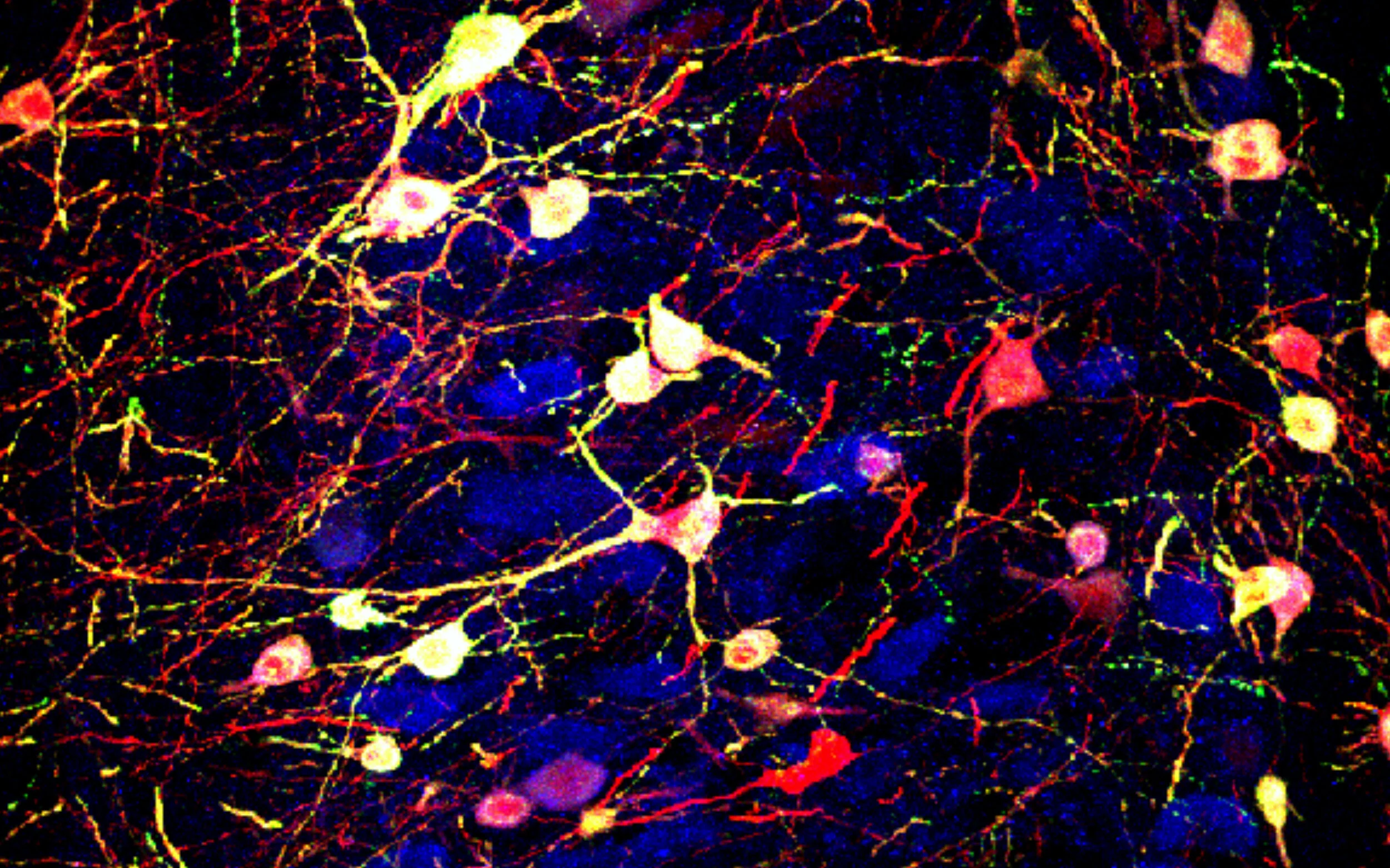Aaron Rodgers, Working Memory and 10,000 Hours Of Practice
/ Assuming the Packers’ quarterback does not have
super-human vision or a time machine, these comments must refer to his
ability to recognize opposing defensive formations, adjust quickly to
their movements and pick out an open receiver. It is a skill that all
young players would like to have and their coaches would like to teach.
Assuming the Packers’ quarterback does not have
super-human vision or a time machine, these comments must refer to his
ability to recognize opposing defensive formations, adjust quickly to
their movements and pick out an open receiver. It is a skill that all
young players would like to have and their coaches would like to teach.Of course, the ongoing debate in the sports world is if great perceptual awareness and quick decision making are gifts you’re born with or ones you can develop with practice. The extreme ends of that continuum seem illogical, that a player can excel with no practice or that anyone who practices enough can be a superstar. Instead, the discussion has turned to the gray area in between looking for the right combination and the direction of causation between the two.
At the center of the debate for the last 20 years, Florida State psychology professor K. Anders Ericsson has held to a theory that enough deliberate practice, described as a focused activity meant to improve a specific skill, can make up for or even circumvent the lack of general, innate abilities. His research has shown that about 10,000 hours of practice is the minimum required to rise to an expert level of most knowledge domains, including sports.
Now, in a new study published in Current Directions of Psychological Science, psychologists David Z. Hambrick of Michigan State University and Elizabeth J. Meinz of Southern Illinois University Edwardsville examined this interplay between basic abilities, like working memory capacity, and acquired knowledge learned through practice. “We have been especially interested in the question of whether various forms of domain knowledge moderate the impact of basic cognitive abilities on performance,” the authors wrote.
Working memory is used in complex tasks that require holding information in the mind while also trying to reason or comprehend the environment. Think of Rodgers remembering the pass routes of all of his receivers while processing the movements of eleven defenders around him.
Hambrick and Meinz wanted to find out if the working memory of domain experts, like Rodgers, has as much as an impact on their performance as their years of deliberate practice and learned knowledge of their specialized world. Previous research has shown that a person’s working memory capacity is strongly correlated with abstract reasoning, problem solving, decision making, language comprehension, and complex learning.
After a great Aaron Rodgers performance, you will usually hear at least one of two phrases uttered by post-game football analysts, “he has a great ability to see the field,” or “the game has really slowed down for him.”
Back in 2002, Professor Hambrick tested this relationship using a baseball domain. Participants were first tested on their overall baseball acumen and then completed a complex-scan task to test their working memory capacity. Complex-scan tests combine information storing with information processing. An example would be reading a series of sentences aloud while also remembering the last word of each sentence.
After the baseline tests, the volunteers listened to radio broadcasts of baseball games and were asked to remember the major events of the game and specific information about the players. As expected, those who had a higher baseball IQ did better on the recall test. However, working memory capacity also had a strong correlation with success. As Hambrick concluded, “Working-memory capacity was as important as a predictor of memory performance at high levels of domain knowledge as it was at low levels.”
In the current study, the domain shifted to piano playing while the results were similar. Fifty-seven pianists with a wide range of lifetime deliberate practice hours, from 260 to over 31,000, were first given a complex-scan test to measure their working memory limits. Then, they were given a musical piece that they had never seen before and asked to play it with no practice, called sight-reading.
As the authors reported, “Not surprisingly, we found that deliberate practice was a powerful predictor of sight-reading performance. In fact, it accounted for nearly 50% of the variance. However, we also found that working-memory capacity was a positive predictor of performance above and beyond deliberate practice.”
So, at least in the case of working memory, an ingrained ability does have some importance alongside the hours of practice. Moreover, deliberate practice that also increases your working memory capacity should yield even better results. Focused training on improving both the storage and processing of information seems to be the key to better performance.
Of course, for most football analysts, saying a quarterback can now “see the field better” is a little easier than saying “activation of domain knowledge by the familiar context did not reduce the effect of working memory capacity on performance.”











